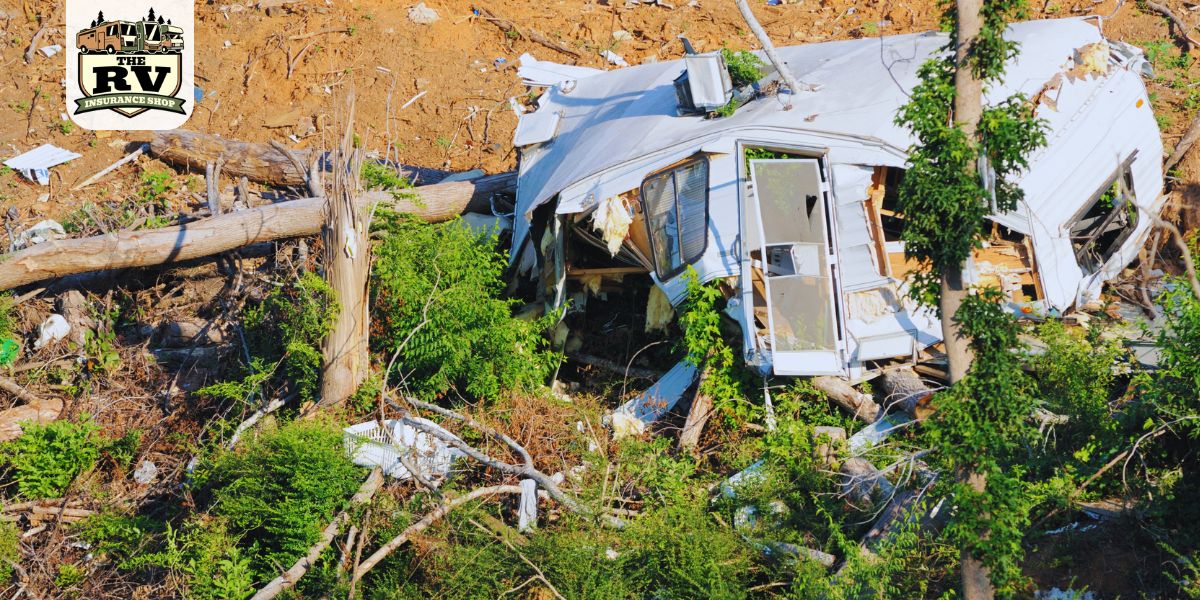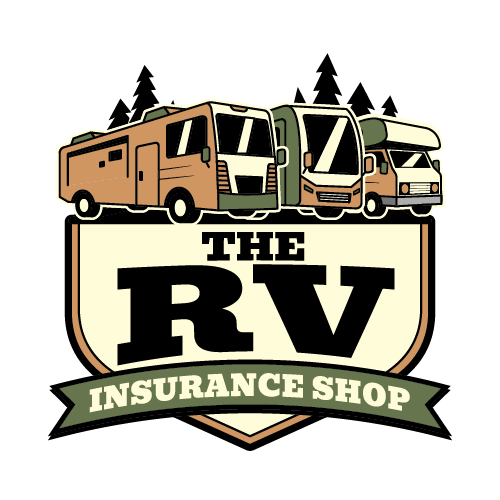What Does RV Insurance Typically Cover?

Owning an RV is a significant investment, and like any valuable asset, it needs to be protected. RV insurance is designed to offer that protection, but what exactly does it cover? Understanding the typical coverage options included in an RV insurance policy is crucial for ensuring that you have the right protection in place. In this blog post, we’ll break down the key components of RV insurance and explain what each type of coverage typically includes.
Liability Coverage
Liability coverage is one of the most essential parts of any RV insurance policy. It protects you financially if you’re found responsible for causing injury or property damage to others while using your RV.
- Bodily Injury Liability: This coverage pays for medical expenses, lost wages, and legal fees if someone is injured in an accident for which you are at fault. It also covers legal defense costs if you’re sued.
- Property Damage Liability: If you cause damage to someone else’s property, such as their vehicle, home, or personal belongings, property damage liability coverage pays for the repair or replacement costs. This coverage also includes legal fees if you’re taken to court.
- Full-Time Liability Coverage: For full-time RVers, liability coverage also extends to incidents that occur in or around your RV while it’s parked, similar to how a homeowner’s policy would cover incidents on your property.
Collision Coverage
Collision coverage pays for damage to your RV if it’s involved in an accident, regardless of who is at fault.
- What It Covers: This coverage pays for the cost of repairing or replacing your RV if it’s damaged in a collision with another vehicle or object, such as a fence or tree. It typically covers the RV itself, including the body, engine, and interior fixtures.
- Deductible: Collision coverage usually comes with a deductible, which is the amount you’ll need to pay out of pocket before your insurance kicks in. You can choose a higher deductible to lower your premium, but this means you’ll pay more if you need to file a claim.
- Applicability: Collision coverage is especially important for motorhomes and other self-powered RVs, as they are more likely to be involved in traffic accidents compared to towable RVs.
Comprehensive Coverage
Comprehensive coverage protects your RV from damage caused by non-collision events, which are often beyond your control.
- What It Covers: Comprehensive coverage pays for damage resulting from theft, vandalism, fire, natural disasters (such as floods, hail, or hurricanes), falling objects, and animal encounters. It also covers damage to your RV while it’s parked or in storage.
- Glass Coverage: Many comprehensive policies include coverage for broken windows, windshields, and other glass components of your RV, which can be expensive to replace.
- Full Replacement Cost Coverage: Some comprehensive policies offer full replacement cost coverage, which pays to replace your RV with a new one of similar make and model if it’s totaled, without factoring in depreciation.
Personal Belongings Coverage
RVs often serve as second homes, and they’re usually filled with valuable personal belongings. Personal belongings coverage ensures that these items are protected.
- What It Covers: This coverage protects your personal belongings inside the RV, such as clothing, electronics, appliances, outdoor gear, and other household items. It pays to repair or replace these items if they are damaged, stolen, or destroyed by a covered event.
- Limits and Deductibles: Personal belongings coverage typically comes with coverage limits, so it’s important to ensure that your policy covers the full value of your belongings. Some high-value items may require additional riders or endorsements for full coverage.
- Off-Site Coverage: In some cases, personal belongings coverage extends to items that are temporarily removed from your RV, such as when you’re staying at a hotel or using your belongings outside at a campsite.
Uninsured/Underinsured Motorist Coverage
This coverage protects you if you’re involved in an accident with a driver who either has no insurance or insufficient insurance to cover the damage.
- What It Covers: Uninsured/underinsured motorist coverage pays for repairs to your RV and medical expenses if you’re hit by a driver who doesn’t have adequate insurance. It also covers hit-and-run accidents where the at-fault driver is unknown.
- Why It’s Important: Given that a significant number of drivers on the road are either uninsured or underinsured, this coverage is crucial for ensuring that you’re not left paying out of pocket for damages caused by someone else.
Emergency Expense Coverage
Emergency expense coverage is particularly valuable for those who travel extensively in their RVs. It provides financial assistance if your RV becomes uninhabitable due to a covered loss while you’re away from home.
- What It Covers: This coverage helps pay for temporary lodging, transportation, and meal expenses if your RV is damaged in an accident, fire, or other covered event and you can’t stay in it. It ensures that you’re not left stranded without a place to stay or a way to get home.
- Limits: Emergency expense coverage typically has limits, so it’s important to understand what’s covered and how much you can claim. Some policies also offer coverage for emergency repairs that allow you to continue your trip.
Roadside Assistance
Roadside assistance is an optional add-on that provides help if your RV breaks down or you encounter other issues while on the road.
- What It Covers: Roadside assistance typically includes towing, tire changes, battery jumps, fuel delivery, and lockout services. It’s specifically designed for RVs, which often require specialized equipment and services due to their size and weight.
- Why It’s Important: Given the unique challenges of traveling in an RV, having access to roadside assistance provides peace of mind and ensures that you can get help quickly if something goes wrong.
- Coverage Limits: Some policies may limit the number of service calls or the distance your RV can be towed, so it’s important to understand the specifics of your coverage.
Additional Optional Coverages
In addition to the standard coverages, RV insurance policies often offer several optional coverages that can be added to customize your protection.
- Vacation Liability: This coverage provides liability protection while your RV is parked and being used as a temporary vacation residence, such as at a campground or RV park.
- Pet Injury Coverage: If you travel with pets, this coverage helps pay for veterinary expenses if your pet is injured in an accident involving your RV.
- Total Loss Replacement: This option ensures that if your RV is totaled, you’ll receive enough money to buy a new RV of similar make and model, regardless of depreciation.
Conclusion
RV insurance offers a wide range of coverage options designed to protect both your vehicle and your lifestyle. From liability and collision coverage to personal belongings and emergency expenses, understanding what your RV insurance policy covers is crucial for ensuring that you’re adequately protected on the road. Take the time to review your policy and consider adding any optional coverages that fit your needs, so you can enjoy your RV adventures with confidence and peace of mind.

